Ever been confused about figuring out what is the truth and what’s a lie? The liar paradox is a fascinating concept that has perplexed theorists, philosophers, thinkers and logicians for ages.
What if I told you “I am lying to you right now”. So the statement “I am lying to you right now” is a lie itself. Then it has to mean that I am telling the truth right now. So if I am being truthful to you currently, then it has to mean that the statement “I am lying to you right now” is true as well.
This creates a paradox where the statement I made is both a lie and the truth. And the cycle of whether the statement is true or false keeps repeating without us reaching a conclusion. This is the liar’s paradox.
Confused? Let’s dive in to understand the details of this perplexing concept.
What is the liar paradox?
Liar paradox definition: In philosophy, the liar paradox is a classic paradox that arises when a statement refers to itself in a way that creates a contradiction.
Also known as liar’s paradox or antinomy of the liar, it creates an argument about a self-referential sentence, such as “I am lying to you right now”, which leads to a logical paradox by reasoning about the sentence.
If the sentence is false, then it means it’s the truth, and if the statement is the truth, then it means it is false. Thus creating a logical paradox.
If I am actually lying, then I am telling the truth, which means I just lied. The paradox is reinforced to make the listener or viewer analyze the statement more logically and think about it on a meta-level.
As I, the liar, is making the statement, it is widely referred to as the liar’s paradox even though the listener or the audience is the one who is perplexed.
Liar’s paradox is that “we are not able to resolve if the person who states ‘I am lying’ is indeed lying or if they are telling the truth. Actually, there is no other choice,” explains a study.
This paradox is one of the most famous and intriguing paradoxes in philosophy and logic. This paradox has puzzled philosophers and logicians for centuries and has led to various attempts to resolve it, including the development of non-classical logics and theories of truth.
While there is no consensus on how to resolve the liar’s paradox, it continues to be a subject of active research and debate in philosophy and logic.
Related: 35 Examples Of Paradox In Human Behavior That Will Blow Your Mind
Origin of the liar paradox
The earliest known version of the liar’s paradox can be traced back to the ancient Greek philosopher and poet Epimenides, who is said to have made the statement “All Cretans are liars.”
Since Epimenides himself was a Cretan, his statement creates a paradoxical situation. The paradox arises when we consider the truth value of the statement “All Cretans are liars” when it is made by a Cretan who claims to always lie.
If the statement is true, then Epimenides, as a Cretan, must be a liar, which means that the statement is false. On the other hand, if the statement is false, then not all Cretans are liars.
This means this Cretan named Epimenides is telling the truth, which means that the statement is true. This creates a logical contradiction and makes it impossible to determine the truth value of the statement.
The liar’s paradox reappeared in various forms throughout history, but it was not until the 20th century that it was given a systematic treatment by logicians and mathematicians.
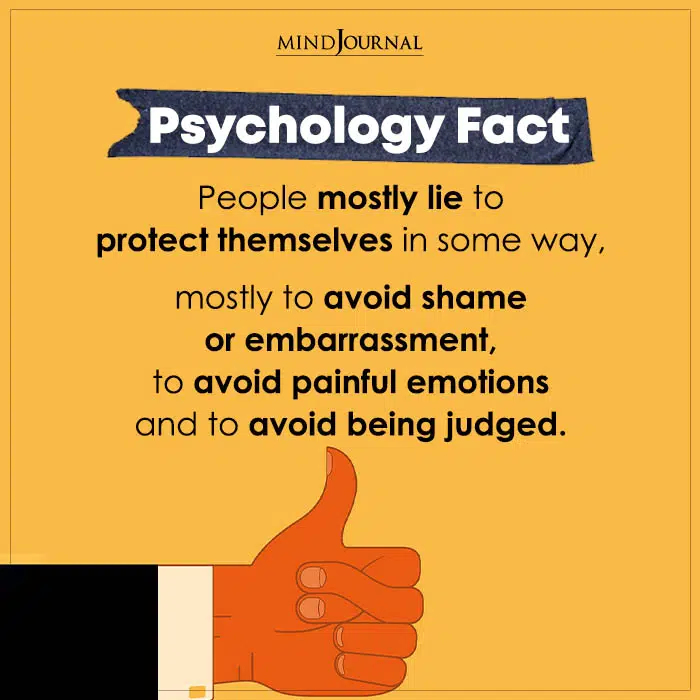
Epimenides paradox
Epimenides paradox is a self-referential paradox that arises when a statement refers to itself in a way that creates a contradiction.
The paradox is named after the ancient Greek philosopher Epimenides. The Epimenides paradox is similar to the liar paradox, in that it creates a self-referential loop that leads to a contradiction.
However, the paradox of Epimenides is more complex, as it involves a statement about a group of people (Cretans) rather than a single individual. This makes it more difficult to resolve the paradox, as we need to consider the truth value of the statement in relation to the group as a whole.
One possible resolution of this paradox is to reject the assumption that the statement “All Cretans are liars” is a well-formed statement. This is similar to the approach taken in the case of the liar’s paradox, where some philosophers argue that self-reference is not a legitimate use of language.
Another approach is to argue that the statement is ambiguous, and that it can be interpreted in different ways depending on the context.
For example, the statement “All Cretans are liars” could be interpreted as a rhetorical device or as a cultural stereotype, rather than a literal statement of fact.
Related: 5 Interesting Examples of Paradox in Human Behavior
Some philosophers have argued that the paradox of Epimenides is a genuine paradox that cannot be resolved within the framework of classical logic.
This has led to the development of alternative logics, such as paraconsistent logic and dialetheism, which allow for the possibility of true contradictions.
The Epimenides paradox is an interesting and challenging puzzle that raises important questions about the nature of truth, language, and logic. It challenges us to think deeply about the limits of our understanding and the nature of reality itself.
Basic form of the liar paradox
The basic form of the liar’s paradox can be expressed in the following statement:
“This statement is false.”
At first glance, this seems like a straightforward statement that we should be able to evaluate for truth or falsity. However, when we start to examine the statement more closely, we quickly realize that it creates a self-referential loop that leads to a contradiction.
If we assume that the statement is true, then it must be false because it claims to be false. On the other hand, if we assume that the statement is false, then it must be true because it is not false.
This creates a logical contradiction, making it impossible to determine whether the statement is true or false.
This paradoxical situation arises because the statement refers to itself, creating a circularity that cannot be resolved. It is a simple, yet deeply paradoxical statement that creates a logical contradiction, making it impossible to determine whether the statement is true or false.
The liar’s paradox is not just an interesting puzzle for academics to ponder, but it has important implications for our understanding of language, logic, and truth.
Examples of liar paradox
Still confused about the liar’s paradox? Here are some of the most common liar paradox examples that will help you further understand this fascinating paradoxical concept –
1. “This statement is false.”
This is a classic example of the liar’s paradox. If we assume that the statement is true, then it means that it is false, which leads to a contradiction.
On the other hand, if we assume that the statement is false, then it means that it is true, which again leads to a contradiction. This is perhaps the most well-known liar’s paradox examples.
2. “I always lie.”
This statement creates a similar paradox to the liar’s paradox. If we assume that the statement is true, then it means that the person always lies, which means that the statement is false.
On the other hand, if we assume that the statement is false, then it means that the person does not always lie, which means that the statement is true.
3. “Everything I say is a lie.”
This statement creates a paradoxical situation because if the statement is true, then everything the person says is a lie, which means the statement is false, but if the statement is false, then not everything the person says is a lie, which means the statement is true.
4. “I am lying now.”
This statement creates a paradoxical situation because if the statement is true, then the person is lying, which means the statement is false, but if the statement is false, then the person is not lying, which means the statement is true.
Related: 8 Paradoxical Truths That Will Revolutionize Your Life
5. “The next statement is true. The previous statement is false.”
This is a variation of the liar paradox that involves two statements. The first statement claims to be true, while the second statement claims that the first statement is false.
If we assume that the first statement is true, then it means that the second statement is true, which means that the first statement is false. On the other hand, if we assume that the first statement is false, then it means that the second statement is false, which means that the first statement is true.
These examples illustrate how the liar’s paradox arises when a statement refers to itself in a way that creates a circularity that cannot be resolved. There are many other variations of the paradox that involve different statements and different forms of self-reference.
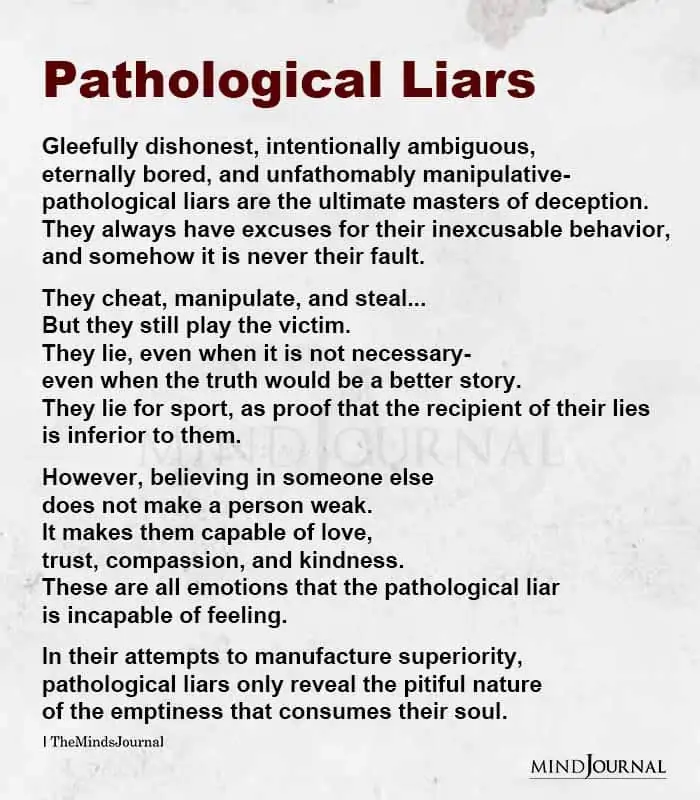
Can the liar’s paradox be solved?
Philosophers and logicians have not been able to reach a consensus about whether the liar’s paradox can be solved or not.
Some argue that it is an unsolvable problem because any attempt to solve it leads to a contradiction. Others believe that it can be resolved by making certain assumptions or by modifying the language in some way.
So what is the liar paradox solution? The liar’s paradox has been a subject of debate for centuries, and there is no universally accepted solution to it. However, several approaches have been proposed to resolve the paradox, such as –
1. Eliminating self-reference
One approach is to deny that self-reference is legitimate in language and logic and reject self-reference altogether. According to this view, the liar paradox is not a genuine paradox because it is based on an illegitimate use of self-reference.
Self-reference can be eliminated by restricting the language in which the paradox is expressed or by rejecting the principle of bivalence (the idea that every statement is either true or false).
However, this approach has been criticized for being too restrictive and for not capturing the full expressive power of natural language.
2. Embracing paraconsistent logic
Another approach is to embrace paraconsistent logic, which allows for statements that are both true and false at the same time.
This approach avoids the contradiction that arises in classical logic by accepting that some contradictions are true. However, this solution has been criticized for being counterintuitive and for not providing a satisfactory account of truth.
Related: The Science Of Lying: 9 Things You Should Know About Liars
3. Dialetheism
One way to solve the liar’s paradox is to reject the assumption that all statements must be either true or false. This approach, called dialetheism, allows for the possibility of true contradictions.
4. Accepting a hierarchy of languages
Another approach is to accept a hierarchy of languages, in which statements can refer to statements in higher-level languages but not in the same language. This approach avoids the circularity that creates the paradox by limiting the scope of self-reference.
However, this solution has been criticized for being ad hoc and for not providing a clear criterion for determining which language is higher than another.
5. The theory of truth
The philosopher Graham Priest has developed a theory of truth that embraces the paradoxical nature of truth. According to Priest, truth is a three-valued concept, where statements can be true, false, or neither true nor false.
This allows for the possibility of statements that are both true and false, or neither true nor false, which is necessary to account for the paradoxical nature of the liar paradox.
6. Embracing the paradox
Another approach is to embrace the paradox and see it as a challenge to our understanding of language and truth. According to this view, the liar’s paradox is a genuine paradox that forces us to rethink our assumptions about language and logic.
This approach leads to some interesting and counterintuitive conclusions about the nature of truth and meaning.
While various solutions have been proposed, none of them have been universally accepted, and the liar’s paradox remains an open problem in philosophy and logic.
It is possible that a satisfactory solution to the paradox may never be found, and it may continue to challenge our understanding of truth, language, and logic for years to come.
Related: How To Detect A Lie: 5 Simple Steps
When the lie is the truth and the truth is the lie
The liar paradox is a fascinating and challenging problem that has generated much debate and discussion among philosophers and logicians. Although various solutions have been proposed, it still remains an open problem in philosophy and logic.
While it is possible that a satisfactory solution to the paradox may never be found, the ongoing discussions and debates surrounding the paradox continue to shed light on the complexities of the human mind and the mysteries of the universe.
Regardless of whether the liar’s paradox can be fully resolved, it remains a rich source of insight and contemplation for anyone interested in the nature of language, logic, reasoning, limits of language, self-reference and our understanding of truth.
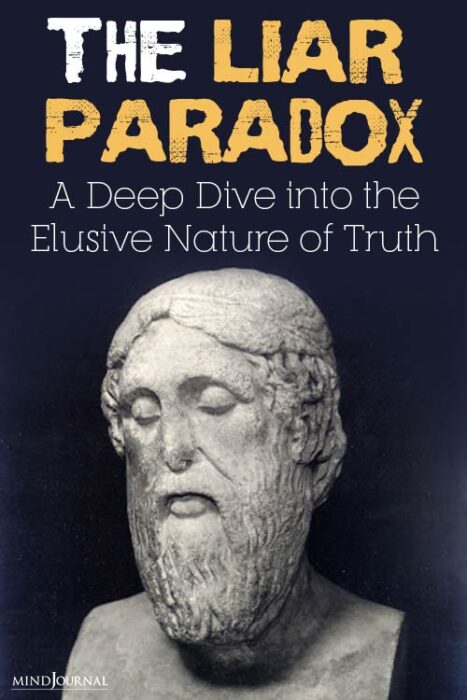
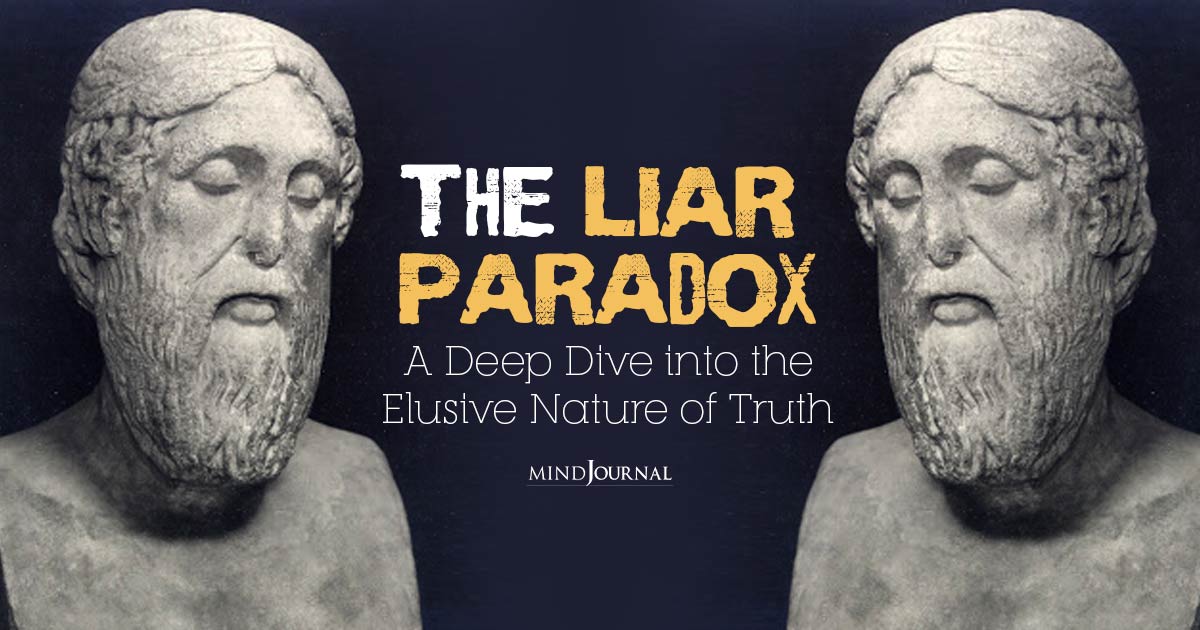
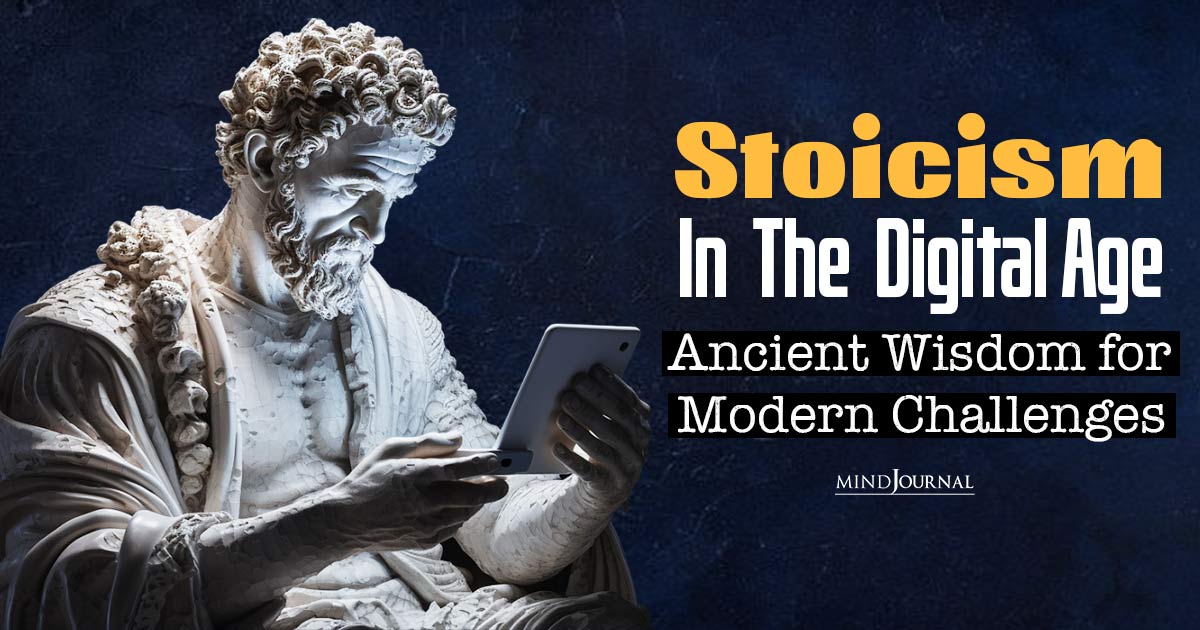


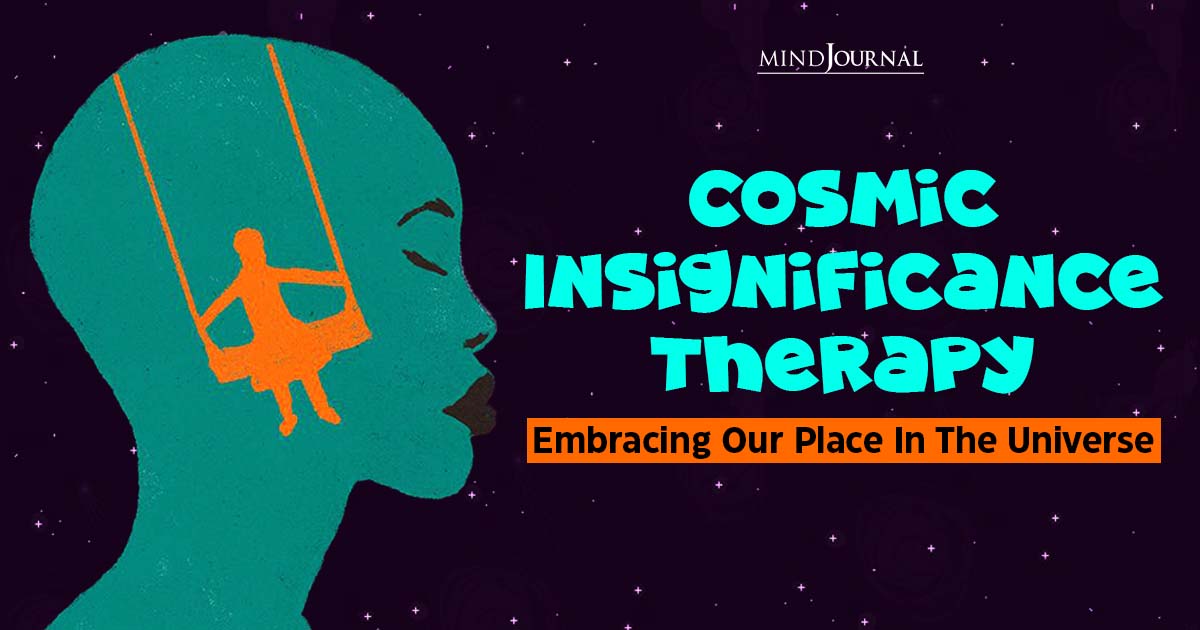
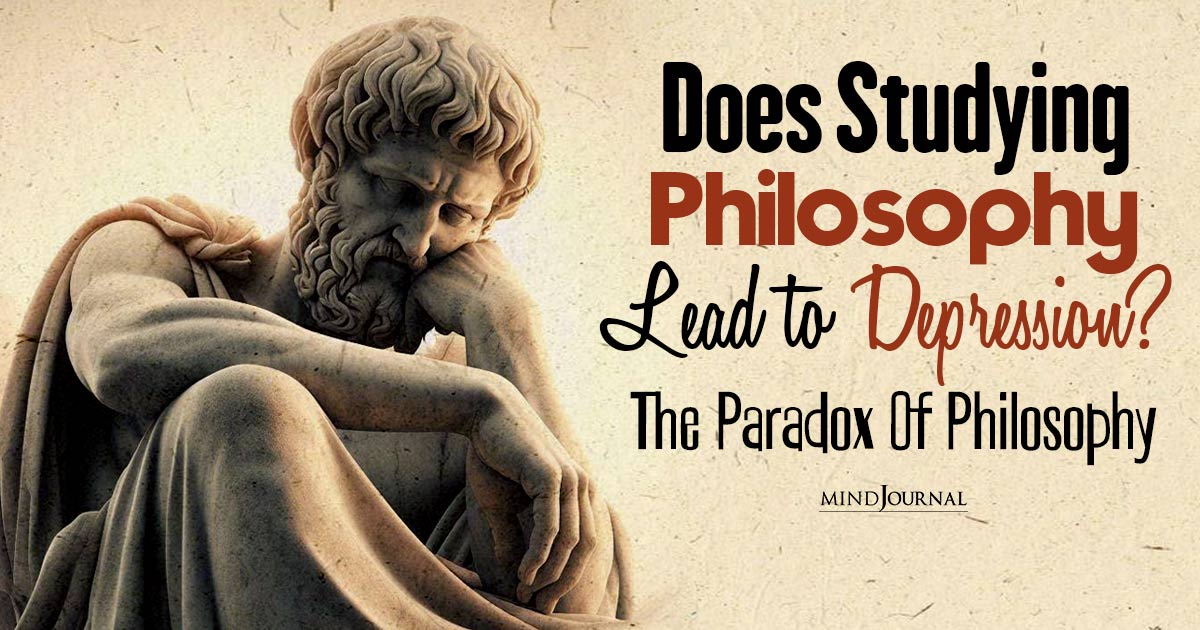
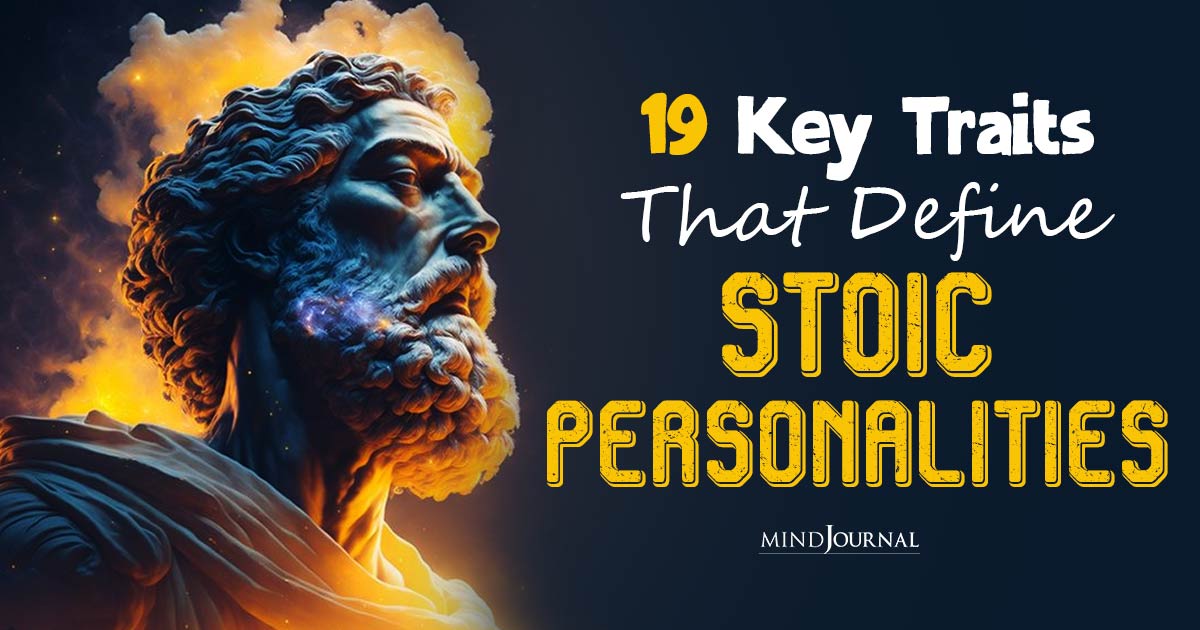

Leave a Reply
You must be logged in to post a comment.